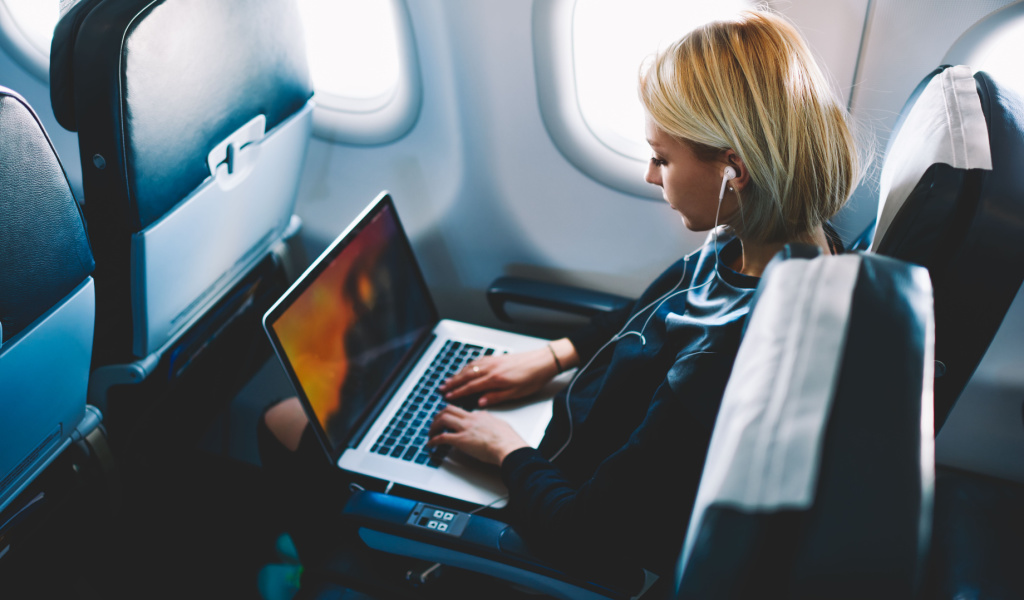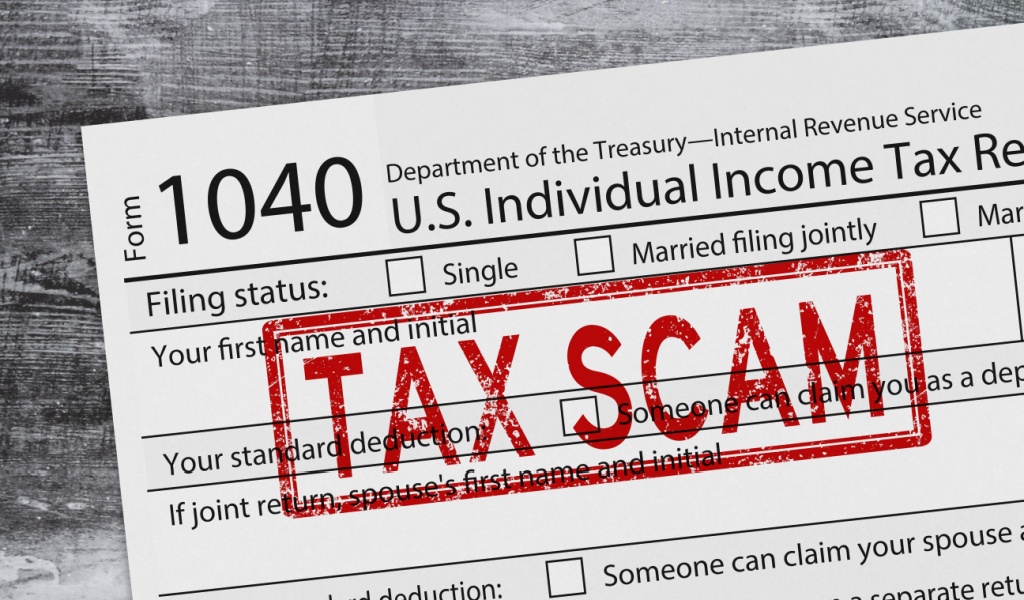Companies have saved a significant amount of money thanks to reduced travel costs due to a shift in how business is conducted post-pandemic. Along with a visible reduction in costs, there was also less waste and pollution – all thanks to virtual meetings! However, we are not denying that personal interactions and social gatherings are incredibly beneficial for establishing relationships.
According to research by the travel management business Travel Leaders Corporate, hotel, rental car, and airline fares rose in the first quarter of 2016. Further studies indicate that traveling by air costs an extra $8 in general, lodging has increased by $3 per night, and rental car costs have risen to some extent. Determining the desired amount to finance a business trip remains challenging for business owners, even if all three categories are lower than their peak values.

As business practices return to pre-pandemic norms – with some newer ideas in the mix – it’s important to remember that balance is vital. It turns out that limiting regular business trips is not as damaging as we initially assumed. At present, several businesses intend to reduce business travel. Also, when business travel is obligatory, there is undoubtedly a pressure to minimize expenses.
The good news is that reducing the costs without compromising employee comfort and protection is not too hard since there are more and enough ways of doing it. Let us walk you through some of the most effective tactics to reduce the cost of your business trips.
Book Ahead Of Time
In the corporate world, last-minute travel is often required. However, it can save you a tremendous amount of money if you can book your trip in advance. In fact, companies can save an average of $148 per ticket by booking at least eight days before departure, as stated in a March survey carried out by the travel management company Concur.
Connect Virtually
While physical meetings remain essential occasionally, conducting teleconferences with clients or coworkers based in other cities is more accessible and more affordable than before. Multiple choices are available, from a basic tool like Skype to business-focused options like GoTo Meeting or WebEx. That may not be beneficial for something like sales calls, yet it is an adequate replacement for regular check-ins. As stated by the British telecom provider BT Group, the use of web and videoconferencing is expected to save the business alone £180 million ($259 million) yearly.
Benefit From Reward Programs
Most hotel chains and airlines provide rewards programs that offer free stays or free flights for their loyal clients. Small-scale companies will benefit from such awards by reducing their costs by hundreds or even thousands of dollars annually. But then again, big companies may consider sticking to a single travel company impractical.
Your nearest airport and the hotels in the cities you visit most frequently will determine which rewards program is suitable for you. Flyertalk.com supports business travelers in estimating their options, and AwardWallet.com helps them track and increase their rewards.
Keep a Close Eye on the Additional Costs
The cost of flying has not gone up lately, regardless of what it may appear to be. As reported by Concur, the average price of a ticket in 2015 was, in fact, $5 less than in 2011. Nevertheless, minor expenses such as in-flight meals, baggage claim fees, and seat upgrades are helping airlines grow their profits. An average traveler was said to have spent $17.43 on extras in 2014, but Concur’s data states that went up 8.5% from 2013. In addition, some airlines are now charging for early boarding and “preferred” seats with more legroom, proving how creative they can get with these costs.

Plan Wisely
Try to avoid business travel during summer, when airline prices are generally high due to higher demand. Moreover, sticking to the home office by the end of March is also advisable since the rush of spring break travel also causes a spike in prices.
Look For Alternatives
Even though flying into large airport hubs is convenient, that convenience often comes at a high cost. When you plan a last-minute trip, check into the cost of flying into smaller, mid-sized regional airports that may be a bit farther away from the city. However, it is crucial to consider the price of gas and transportation to and from that airport, too. If there are other modes of transportation like railways available in your area, consider them as well. This way, you can do more work while you are on the road, and it is more affordable.
Consider the Incidental Costs
Little things add up when traveling, so comparing all the costs beforehand has become even more important.
- Is using a cab, Lyft, Uber, or renting a car more cost-effective in the long run?
- Does internet cost extra at your hotel?
- And if so, is the connection speed genuinely worth the money?
- Would setting up a personal hotspot on your smartphone be better?
Bottom Line
Frankly, not traveling is the best way to save money. Therefore, consider if you really need to go on each business trip. As you would expect, it is meaningful to schedule preliminary video conferences. But you need follow-up if one is called for – although it might not always be necessary.
You can reduce the impact and costs of traveling in many ways with a little bit of planning and thinking ahead!



